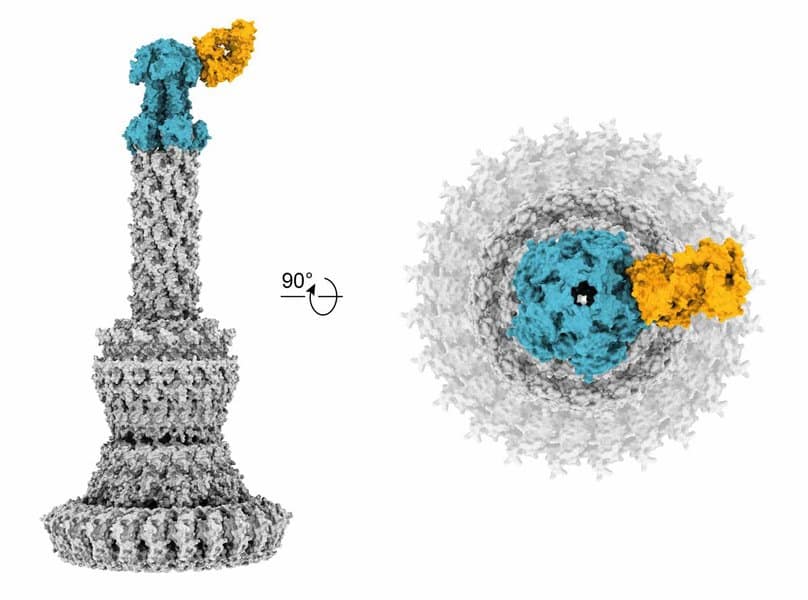A research team from the University of Cologne found particular antibodies that could help treat tough infections caused by a bacteria called Pseudomonas aeruginosa. This bacteria is challenging to treat because it’s resistant to many drugs, and it can make people very sick. Researchers from different universities isolated these antibodies from ill patients and studied how they work. Their research, titled ‘Discovery of highly neutralizing human antibodies targeting Pseudomonas aeruginosa,’ was published in the scientific journal Cell.
Antibiotic-resistant bacteria are a big problem for our health and healthcare systems. Infections with P. aeruginosa are hazardous because the bacteria can resist many treatments and cause serious lung infections and life-threatening sepsis. This bacteria can also stick around in the body and keep causing damage. Sometimes, doctors have to use strong antibiotics because the usual ones don’t work. We need new ways to treat these infections effectively in the future.
In their research, the researchers explored the potential application of isolating broadly neutralizing human antibodies, a strategy proven effective against viral infections, in developing novel treatments for bacterial infections.
Lead author Dr. Alexander Simonis, resident physician at the Infectiology Department of Department I of Internal Medicine and head of the BMBF-funded junior research group ‘Immunotherapies against bacterial infections’ at the UoC’s Center for Molecular Medicine Cologne, said, “Many of the therapeutic antibodies that are already being used against viruses have been isolated and developed from infected, recovered or vaccinated individuals.”
The research team found potent antibodies in patients with cystic fibrosis who had long-term infections with Pseudomonas aeruginosa. These antibodies can stop a critical weapon the bacteria use to make people sick. In experiments with cells and animals, they showed that these new antibodies work just as well as regular antibiotics. But unlike traditional antibiotics, these antibodies can fight even against super-resistant bacteria.

The good news is that what they discovered can be used to fight other harmful bacteria, too. So, it’s a promising way to treat infections caused by super-resistant bacteria.
The study was made possible with financial support from the Clinician Scientist Programme at UoC’s Faculty of Medicine, the Career Advancement Program at the Center for Molecular Medicine Cologne, and a grant called ‘Young Researchers Groups in Infection Research’ from the Federal Ministry of Education and Research. This grant has been helping Dr. Simonis and their research group since May 2022.
Now, researchers want to make these antibodies even better and test them on patients in clinical trials. In the future, they hope to use these antibodies to treat serious infections caused by Pseudomonas aeruginosa. They also think these antibodies could be used to protect patients who are at high risk of getting P. aeruginosa infections, like those in intensive care units or cancer patients, by giving them these antibodies as a way to boost their immune defenses.
In conclusion, discovering these potent antibodies that effectively neutralize drug-resistant bacteria, such as Pseudomonas aeruginosa, offers a promising avenue for treating severe infections. These antibodies work independently of antibiotic resistance mechanisms, making them a valuable addition to the fight against multi-resistant pathogens. With plans to further develop and test these antibodies in clinical trials, this research opens up new possibilities for treating acute and chronic infections, providing hope for improved patient outcomes.
Journal reference:
- Alexander Simonis, Christoph Kreer, et al., Discovery of highly neutralizing human antibodies targeting Pseudomonas aeruginosa. Cell. DOI:10.1016/j.cell.2023.10.002.
